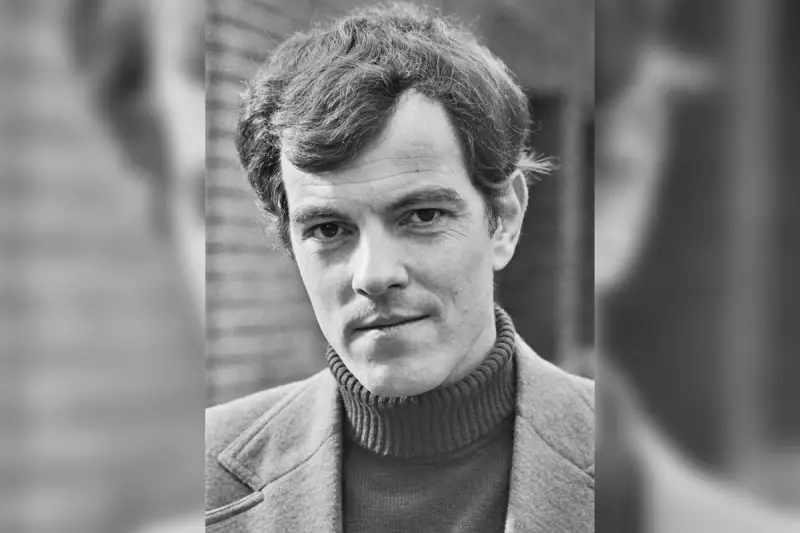
The film world mourns the loss of Peter Watkins, the visionary British director whose radical approach to documentary filmmaking shattered conventions and challenged audiences worldwide. Watkins passed away at 86, leaving behind a legacy of politically charged, formally innovative work that continues to inspire filmmakers today.
The BBC Maverick Who Changed Television
Watkins burst onto the scene with his 1964 BBC production 'Culloden', a film that revolutionised historical documentary. Using a news report style with actors speaking directly to camera, he brought the 1746 battlefield to life with shocking immediacy. This groundbreaking approach made history feel terrifyingly present and accessible.
The Film That Shook the Establishment
His 1965 masterpiece 'The War Game' proved even more controversial. Depicting a nuclear attack on Britain with brutal realism, the BBC initially banned it from television broadcast, fearing it would panic viewers. Despite this censorship - or perhaps because of it - the film won the Academy Award for Best Documentary Feature in 1967.
A Life of Artistic Exile
Frustrated by British broadcasting constraints, Watkins spent much of his career working abroad across Scandinavia and Eastern Europe. His international productions, including 'The Journey' and 'Edvard Munch', continued his mission to challenge mainstream media narratives and explore the human cost of conflict.
Legacy of a Revolutionary
Peter Watkins wasn't just a filmmaker; he was a provocateur who believed in cinema's power to spark social change. His pioneering techniques - now commonplace in documentary and drama - transformed how we engage with history and current affairs. Though often at odds with broadcasters, his uncompromising vision created some of the most powerful and enduring works in British television history.
His influence can be seen everywhere from modern historical dramas to investigative documentaries, proving that true innovation often begins with challenging the system.





